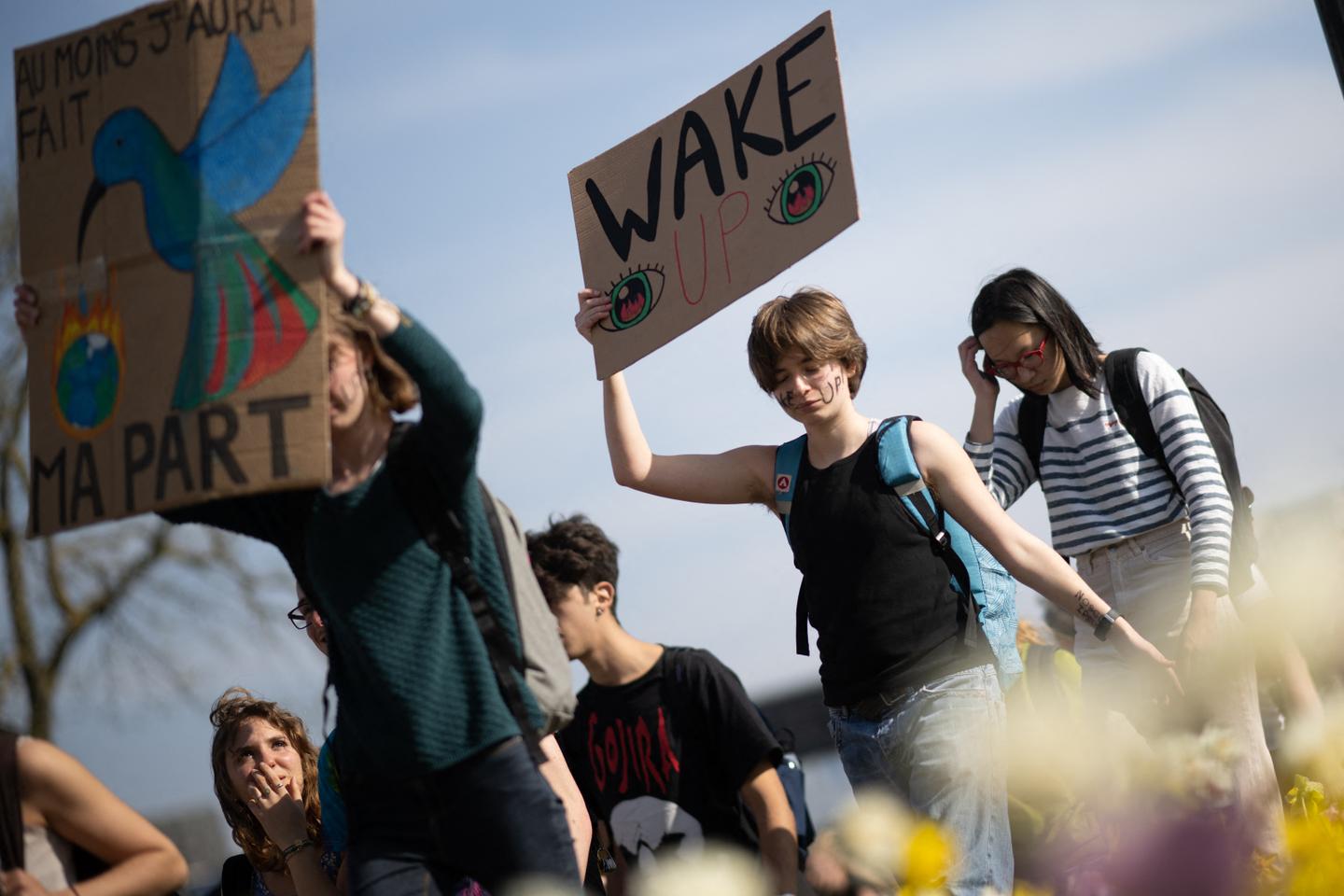


Fifteen years ago, on March 10, 2010, a young climatologist unknown to the public debated on prime time TV, against a science and politics figure. Valérie Masson-Delmotte, a researcher at the Laboratory of Climate and Environmental Sciences, passionately defended the scientific consensus on global warming against former French education minister Claude Allègre, then a champion of France's "skeptics."
The outcome of the debate held particular significance in the context of the late 2000s, marked by the failure of the COP15 in Copenhagen and the rise of narratives denying the reality of climate change. However, many scientists, educators, or journalists interested in the controversy believed the battle against denial was, in any case, unlosable in the long term. Of all the attacks on established knowledge, climate skepticism was the least likely to take root.
The reason was simple. It is difficult to personally experience the effectiveness of a vaccine or the causal link between HIV infection and AIDS, whereas one only had to wait for the warming to start producing effects beyond reasonable doubt for the controversy to collapse on its own. Sooner or later, everyone could witness the reality of anthropogenic warming and the accuracy of the main projections, available for a long time. The persistence of climate-skeptical discourse in its various forms was therefore unthinkable. Indeed, since the famous debate between Masson-Delmotte and Allègre, the average temperature of the lower atmosphere has risen by half a degree, and everyone can observe firsthand the retreat of glaciers, coastline changes, and experience the increased frequency of heatwaves, droughts, fires, or catastrophic floods.
'High permeability'
Yet, "skepticism" still floats around. Major media outlets do not hesitate to promote it repeatedly. This is demonstrated by a recent study conducted by Quota Climat, Data for Good, and Science Feedback non-profits. In three months, nearly 130 instances of misinformation or falsehoods were identified by the authors of the study, as well as over 370 "discourses of inaction."
You have 57.79% of this article left to read. The rest is for subscribers only.
